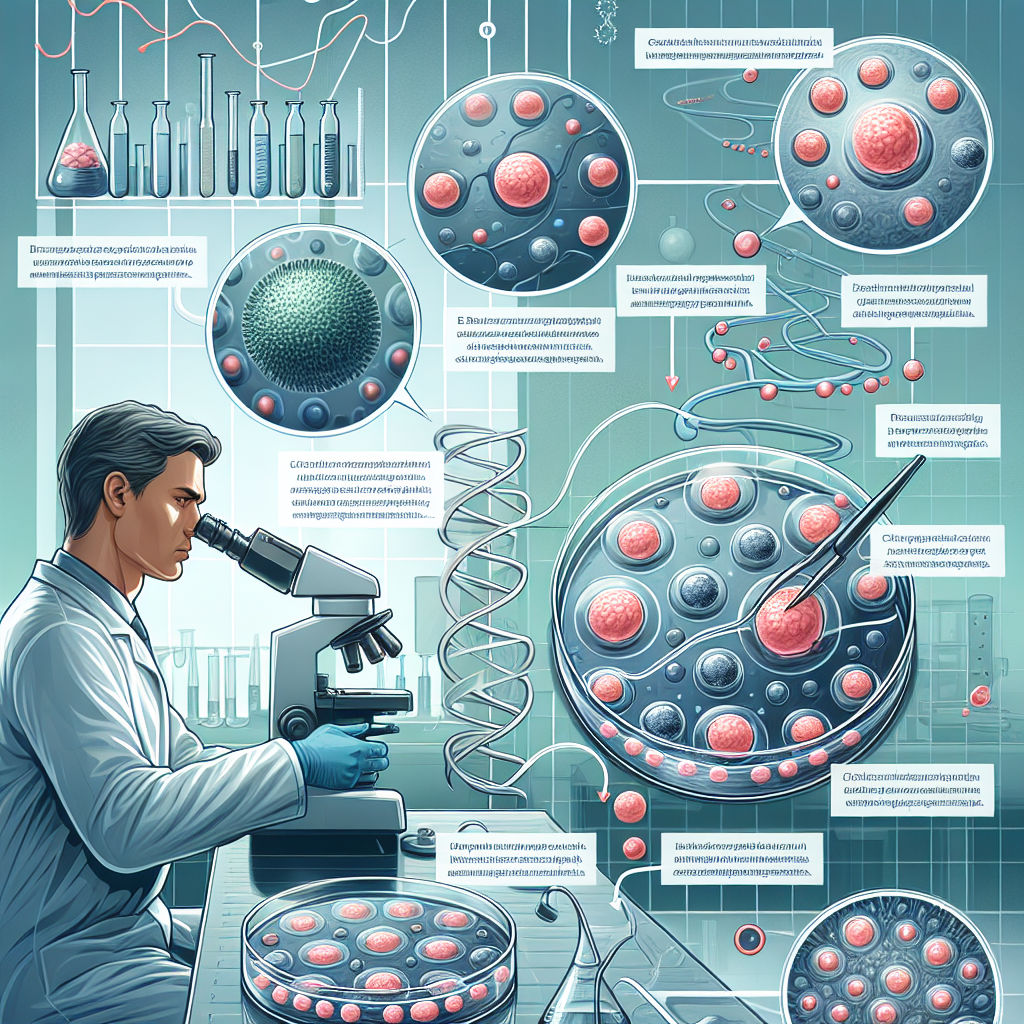Stem cell research has been a topic of much debate in the medical community, with ethical implications often at the forefront of discussions. However, the potential benefits of stem cell therapy in regenerative medicine cannot be ignored. Recent medical breakthroughs have shown that stem cells have the ability to regenerate damaged tissues and organs, offering hope to patients with a variety of conditions.
One of the key advantages of stem cell therapy is its ability to promote regeneration in the body. Stem cells have the unique ability to develop into different types of cells, making them an ideal candidate for repairing damaged tissues. This can be especially beneficial for patients with injuries or degenerative diseases, as it offers a potential solution for restoring function and improving quality of life.
Despite these promising benefits, it is important to consider the ethical implications of using stem cells in medical treatments. The use of embryonic stem cells, for example, raises concerns about the destruction of human embryos. However, advancements in technology have allowed researchers to use adult stem cells and induced pluripotent stem cells as alternatives, reducing these ethical concerns while still harnessing the regenerative properties of stem cells.
Overall, stem cell therapy represents a significant advancement in regenerative medicine. By harnessing the power of stem cells to promote regeneration in the body, researchers are unlocking new possibilities for treating a wide range of conditions. While ethical considerations remain an important factor in this field, ongoing research and medical breakthroughs continue to show promise for the future of regenerative medicine.

Leave a Reply